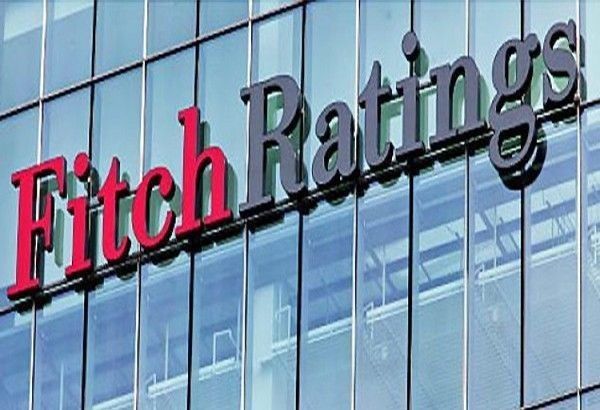Margin of Philippines banks may drop next year

MANILA, Philippines — The margins of Philippine banks may decline next year as the Bangko Sentral ng Pilipinas (BSP) is expected to cut interest rates on easing inflation, according to Fitch Ratings.
In its latest ASEAN emerging markets banks dashboard, the debt watcher said the net interest margins (NIMs) of banks operating in the Philippines are expected to drop in 2024 with the expected pivot of the BSP to an easing cycle.
“The Philippines NIM is likely to decline – albeit from a record high – when domestic policy rates revert to lower levels in the second half of 2024,” Fitch associate director Jindarat Sirisithichote and Fitch director Willie Tanoto said.
The authors said Fitch expects NIMs in most ASEAN emerging markets to be supported by higher-for-longer policy rates in 2024, which will help banks to sustain steady profitability.
While Malaysia hiked rates the least in ASEAN, the Philippines was the opposite as it delivered the largest rate hike in the region, delivering substantial NIM benefits to banks.
The BSP has raised key interest rates by 450 basis points since May last year to tame inflation and stabilize the peso.
“As rates normalize in the second half of 2024, NIMs in the Philippines are likely to decline, whereas downside risks are lower in Malaysia where we expect a steady policy rate,” the authors said.
From January to September, the earnings of Philippine banks went up by 10.4 percent to P270.35 billion from last year’s P244.87 billion on the back of strong interest earnings and lower provision for potential loan losses.
The industry’s total operating income rose by 8.9 percent to P828.64 billion from P760.88 billion as net interest income jumped by 20.4 percent to P663.24 billion from P550.67 billion.
Interest earnings surged by 43.9 percent to P929.36 billion from 645.95 billion, while interest expenses almost tripled to P265.7 billion from P94.95 billion.
On the other hand, the non-interest income of Philippine banks plunged by 21.3 percent to P165.41 billion from January to September versus last year’s P210.21 billion.
The non-interest expenses of Philippine banks rose by 3.4 percent to P462.6 billion from P412.36 billion.
Data showed that the industry’s provision for credit losses on loans and other financial assets declined by 15.1 percent to P66.19 billion from P77.98 billion, while soured loans written off plunged by 80.1 percent to P457.88 million from P2.31 billion.
Fitch said economic recovery with a stronger gross domestic product (GDP) growth and NIMs would continue to buoy earnings of banks in the region.
“We forecast GDP growth in ASEAN emerging markets to accelerate in 2024 and fuel a modest recovery in loan growth, especially in the Philippines, Thailand and Vietnam,” Fitch added.
Latest data from the BSP showed that credit growth slowed for the sixth consecutive month to a two-year low of 6.5 percent in September from 7.2 percent in August as higher-for-longer interest rates continue to bite.
Big banks in the Philippines disbursed P11.17 trillion worth of loans during the nine-month period from P10.49 trillion in the same period last year.
“Steady expansion, coupled with our view on each market’s NIM, indicates the revenue outlook remains healthy,” Fitch said.
It said adequate pre-provision profit buffers remain to guard against manageable impairment risks.
According to the credit rating agency, US rates will remain high until at least mid-2024 and any additional rate hikes by the US Federal Reserve would extend the support to NIMs but at the same time increase asset-quality risks.
“Conversely, should global interest rates decline by more or sooner than we expect, banks are likely to face heavier margin pressure, which could spur growth and risk-taking,” Fitch said.
- Latest
- Trending
































